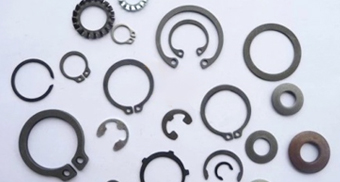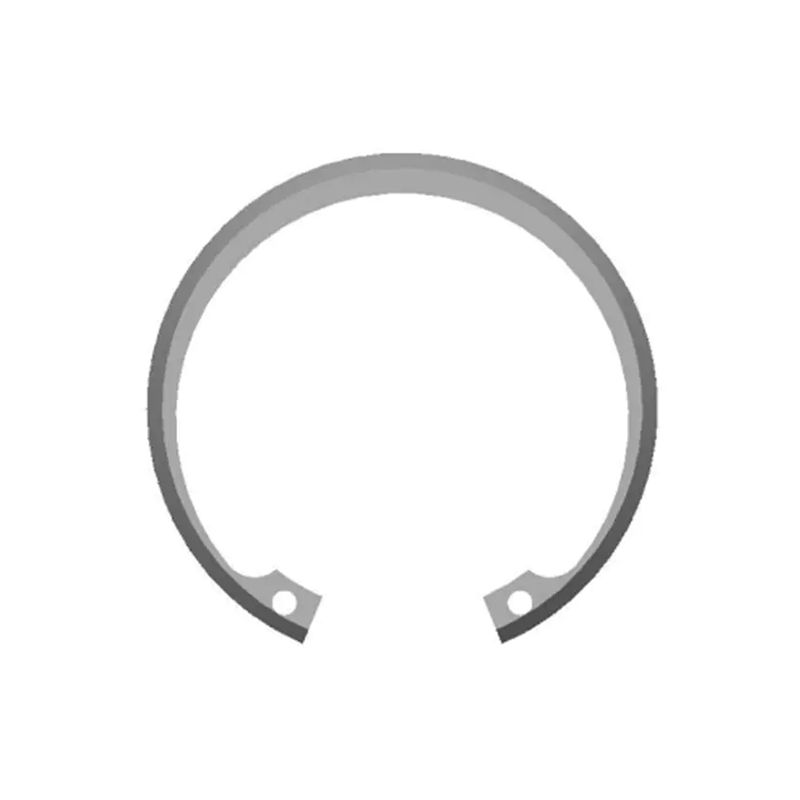Belleville washers, also known as conical spring washers, are versatile mechanical components widely used in numerous mechanical and structural assemblies where maintaining reliable preload, absorbing shock and vibration, or compensating for thermal expansion and contraction is essential. Their unique conical shape provides a compact but highly effective spring action that can sustain high loads while occupying minimal axial space. This combination of features makes Belleville washers an invaluable solution in many critical applications across different industries.
One of the most common uses of Belleville washers is in bolted joint assemblies, particularly in heavy machinery and structural connections. In bolted joints, they serve to maintain consistent tension by compensating for bolt relaxation caused by vibration, thermal cycling, or material creep. This ensures the integrity of the joint over extended periods of service, preventing loosening or failure due to fluctuating stresses. For example, in large-scale industrial equipment such as compressors, pumps, and turbines, Belleville washers help secure flanges and mounting bolts under varying operating conditions.

In the automotive sector, Belleville washers are frequently employed in systems where controlled clamping force is critical. This includes clutch assemblies, suspension components, and transmission systems. Their ability to provide a high load in a small form factor makes them ideal for absorbing shock loads, dampening vibrations, and maintaining preload under dynamic driving conditions. This contributes to both performance reliability and component longevity in vehicles.
Structural engineering applications also benefit from the use of Belleville washers, especially in bridge construction, steel frameworks, and heavy infrastructure projects. Due to temperature variations, large metal structures expand and contract, which can cause loosening of bolted connections. Belleville washers compensate for these thermal effects by maintaining a steady clamping force, which helps prevent joint separation and enhances overall structural safety. They are often incorporated into flange connections, anchor bolts, and base plates, where long-term stability is a key concern.
In aerospace and power generation industries, Belleville washers are critical components used in fasteners subjected to extreme environmental conditions. High temperatures, intense vibrations, and cyclic loads are common in these settings. Belleville washers provide the necessary preload retention to ensure that critical components such as engine mounts, turbine blades, and fuselage assemblies remain secure during operation. Their reliability and fatigue resistance contribute significantly to the safety and performance standards required in these demanding fields.
Additionally, Belleville washers find applications in electrical and electronic assemblies where consistent contact pressure is necessary to maintain reliable electrical connections. They are used in connectors, switches, circuit breakers, and grounding systems. By applying a stable spring force, these washers help avoid intermittent contact, arcing, or signal loss, which are crucial for the safe operation of electrical devices.
Beyond these primary industries, Belleville washers are also used in valve assemblies, hydraulic systems, heavy-duty fasteners, and even in precision instruments where fine control of preload is required. Their modular nature allows them to be stacked in series or parallel configurations to achieve customized load-deflection characteristics tailored to specific applications.
Belleville washers are integral components in a vast range of mechanical and structural assemblies. Their ability to provide high load capacity in a compact form, maintain preload under dynamic conditions, and compensate for environmental changes makes them indispensable in fields such as heavy machinery, automotive, structural engineering, aerospace, power generation, and electrical systems. Their widespread adoption underscores their importance in ensuring the reliability, safety, and longevity of critical mechanical joints and assemblies.

















